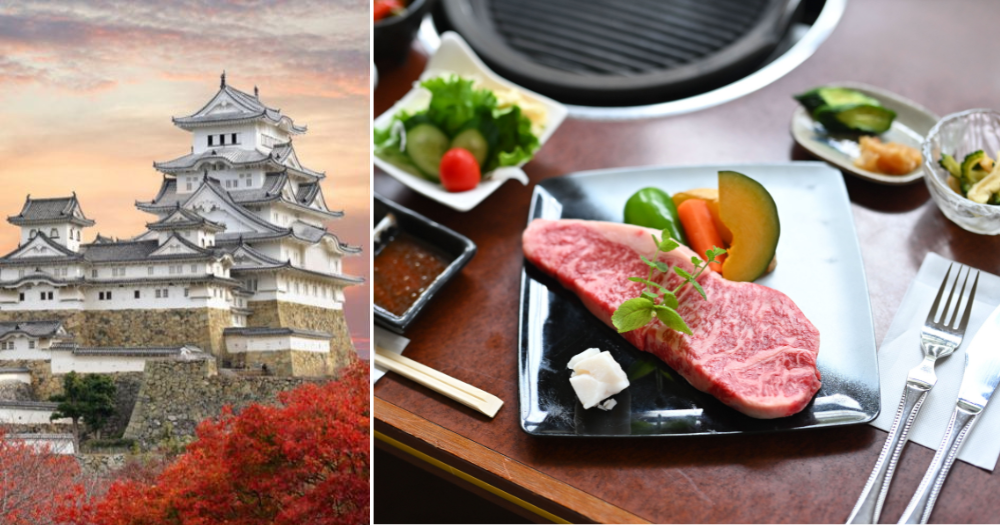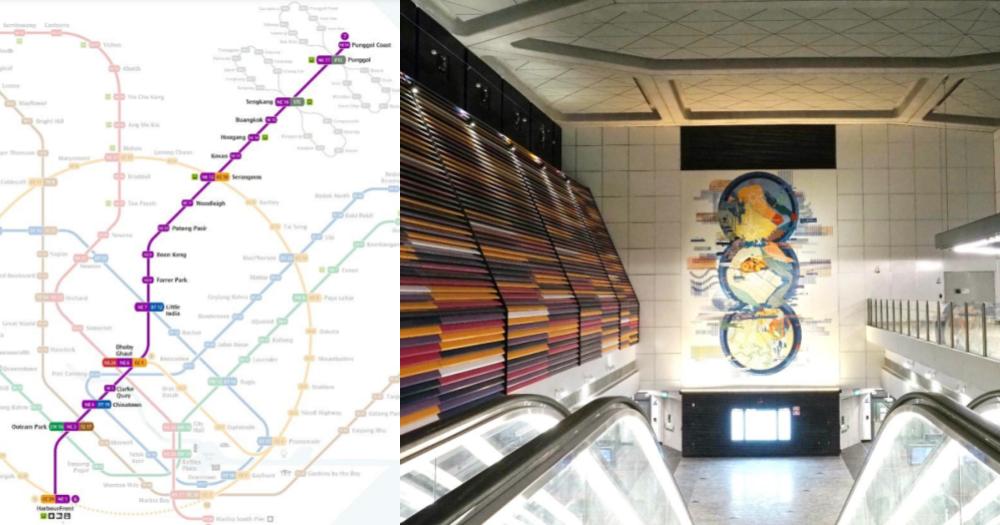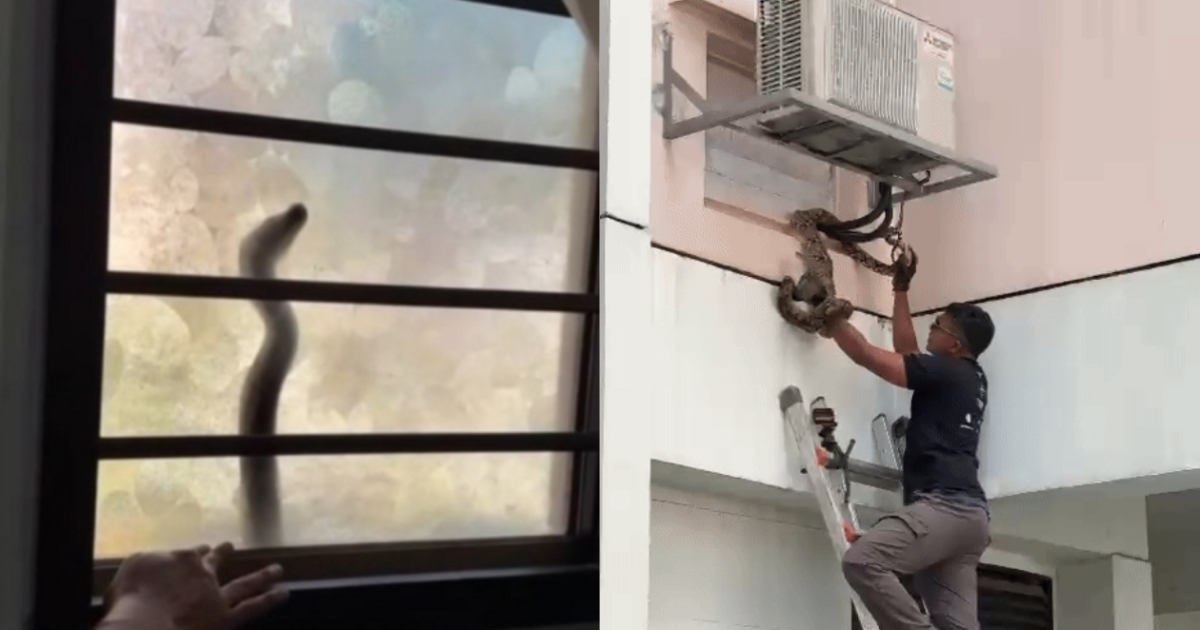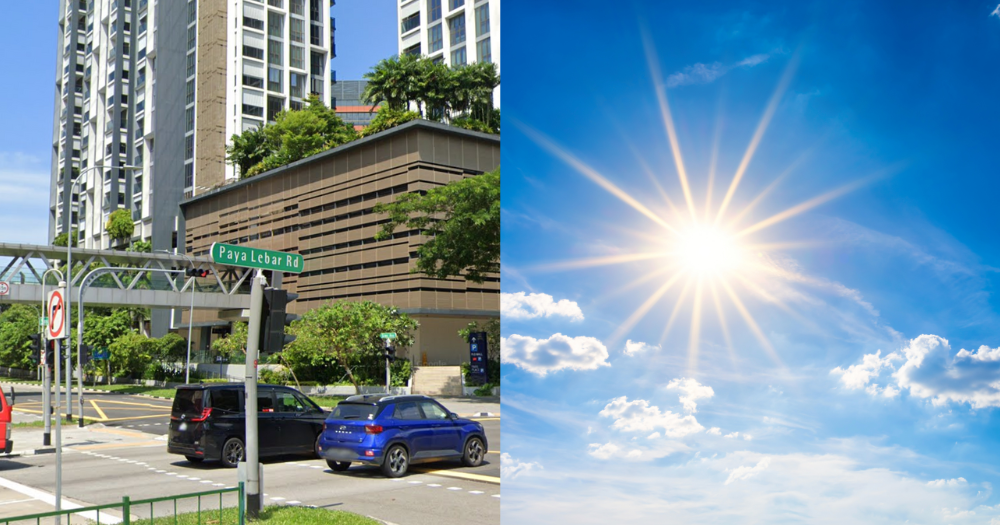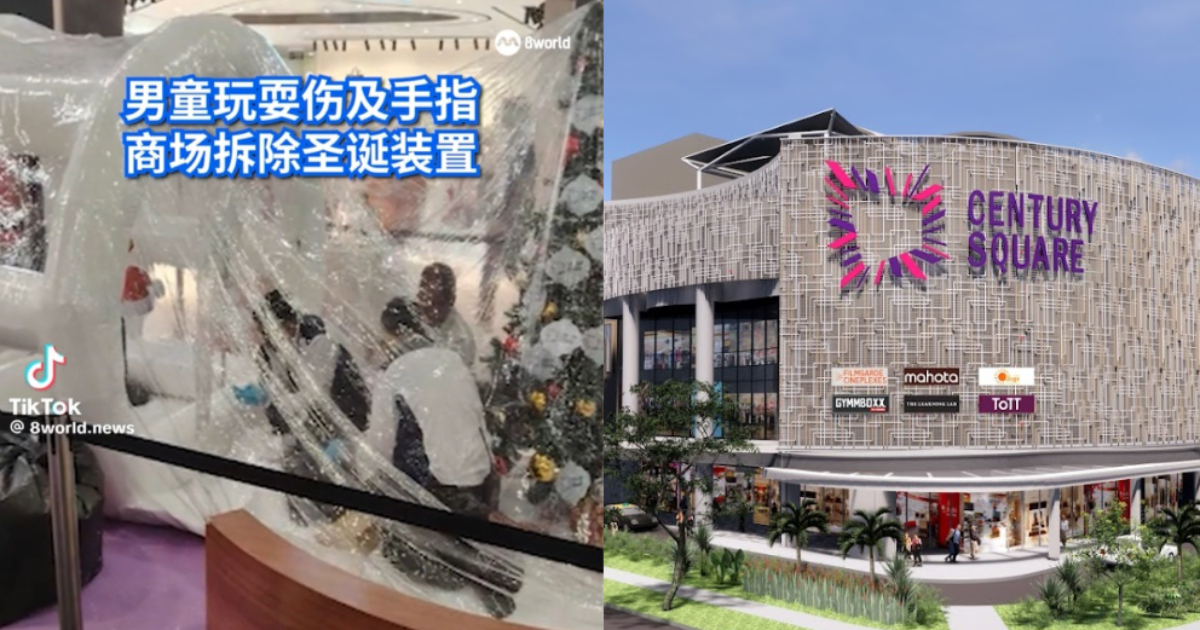S'pore aims to plant 100,000 corals in its waters for most extensive coral restoration project yet
The coral culture facility is slated to open to the public in the second quarter of 2025.
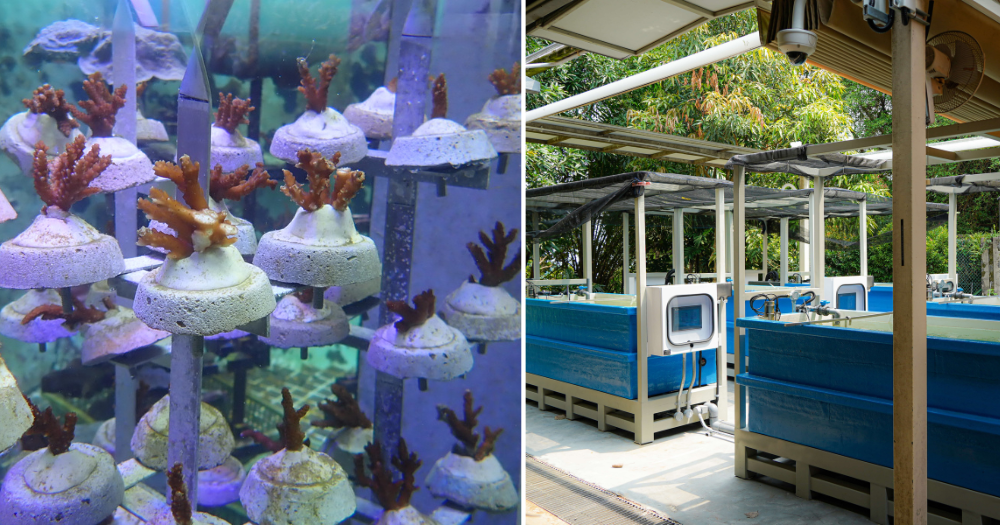
The National Parks Board (NParks) has launched a new initiative to restore degraded reefs and build new ones in Singapore waters.
Dubbed the 100k Corals Initiative, the aim is, as the name suggests, to plant 100,000 corals in local waters over the next 10 years and beyond.
Minister for National Development Desmond Lee made the announcement on Dec. 10, 2024 at NParks’ Marine Park Outreach and Education Centre on St John's Island, where a new coral culture facility has been established.
In a speech at the opening event, Lee noted that a study in July 2024 found that at areas like St John’s, Lazarus and Kusu Islands, up to 55 per cent of coral colonies were discovered to have been bleached after the global bleaching event.
Thankfully, as temperatures decreased in recent months, Lee added that the bleached corals have started to regain colour.
"While much has been done to monitor and restore our corals, we can do much more to ensure the long-term survival of our reefs," Lee said.
Coral culture facility
The new facility at St John's Island houses six tanks where corals will be cultivated.
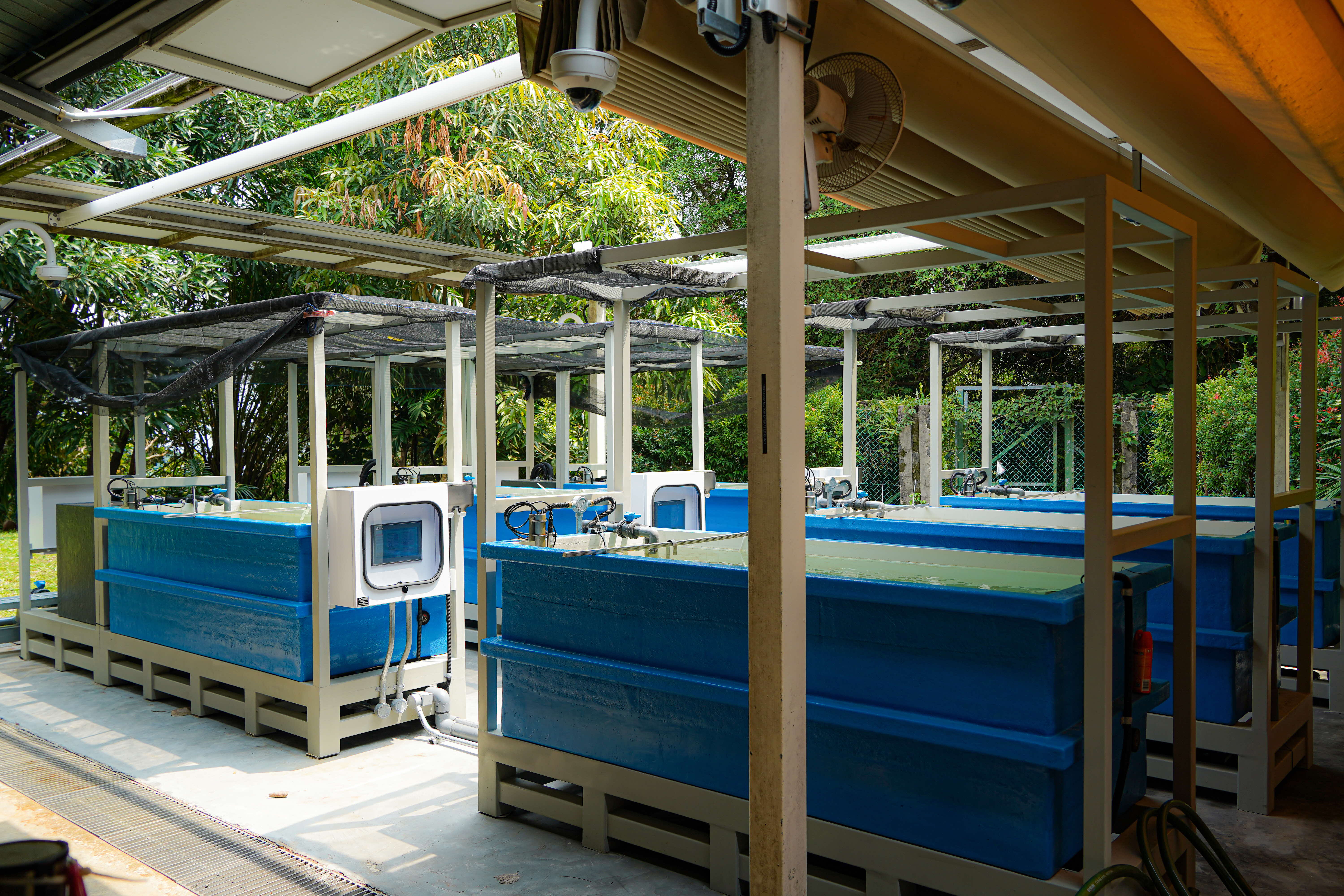 Photo from NParks
Photo from NParks
Each tank can rear up to 600 coral nubbins, or small coral fragments, which are collected from existing reefs.
The nubbins will be attached to a specially designed frame and grown under controlled conditions.
Their vertical arrangement within the tanks is reminiscent of "coral HDBs", Lee noted.
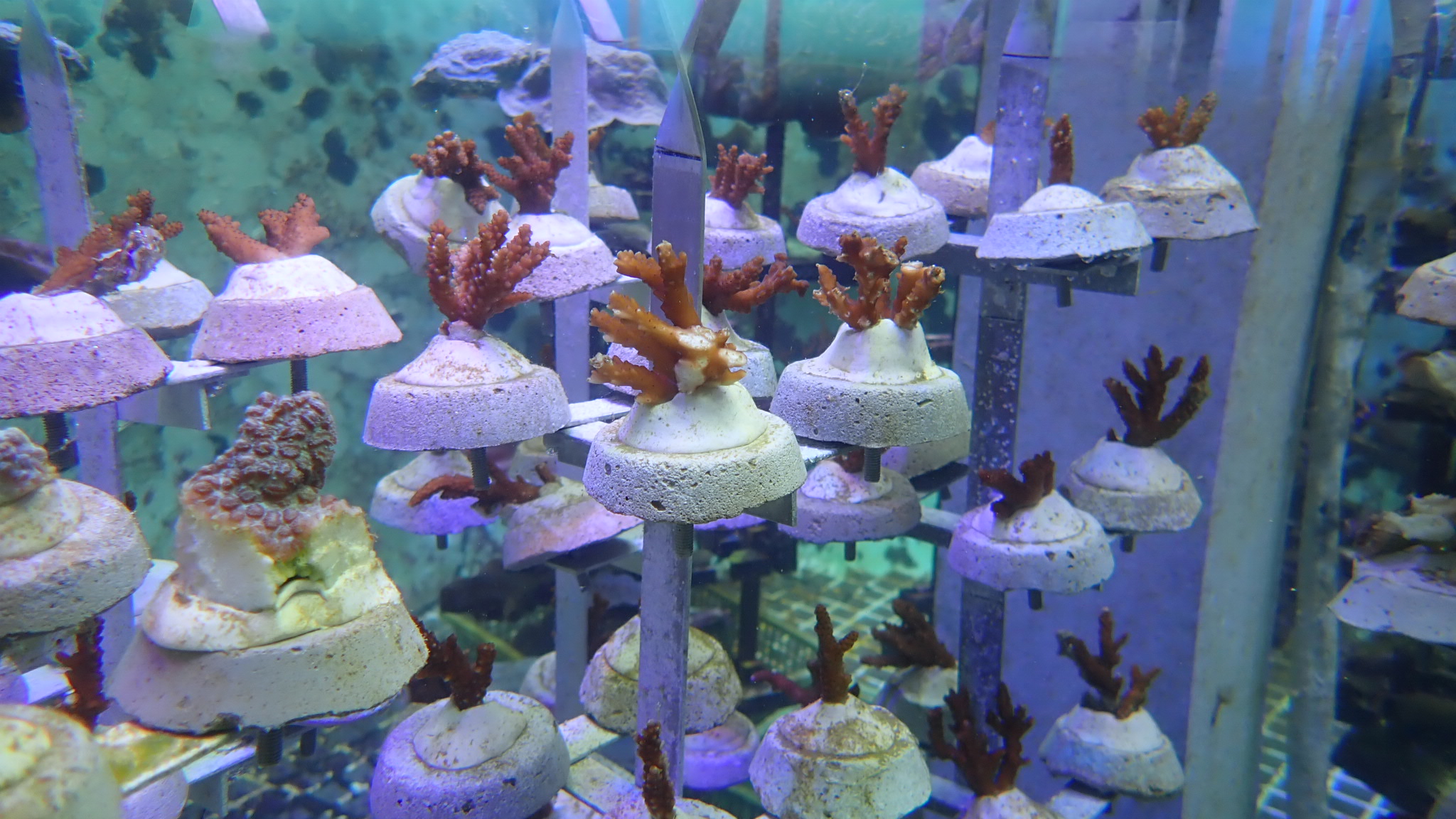 Photo from NParks
Photo from NParks
Their growth and cultivation will be carried out by coral restoration experts and researchers from the National University of Singapore at John’s Island National Marine Laboratory (SJINML).
Once the nubbins are large enough, they will be transplanted onto degraded reefs in the hopes of restoring them, or inserted into other areas so that they can establish new coral communities.
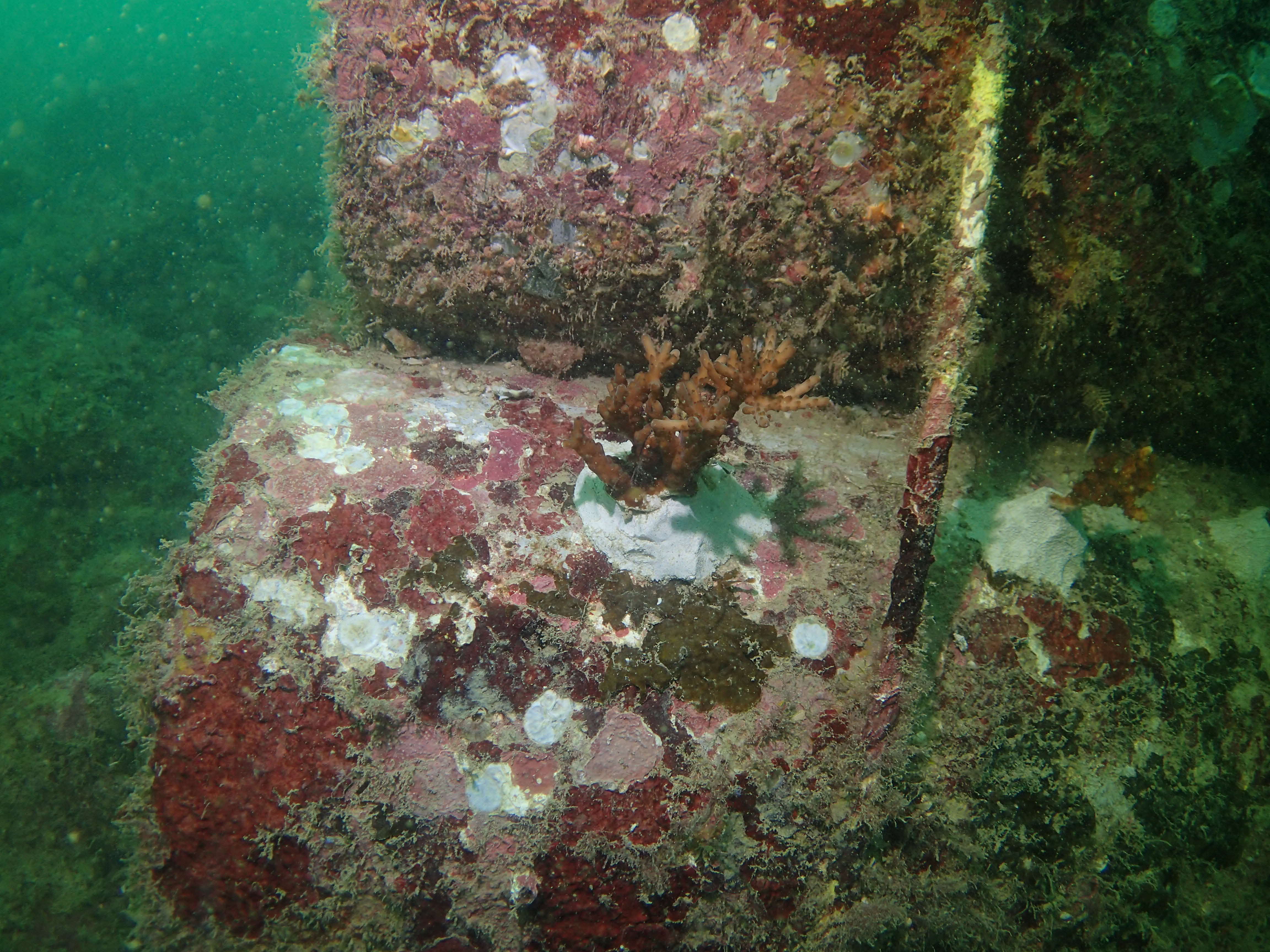 Photo from NParks
Photo from NParks
Some of the corals that will be cultivated include locally endangered species such as the staghorn coral and plate Acropora coral.
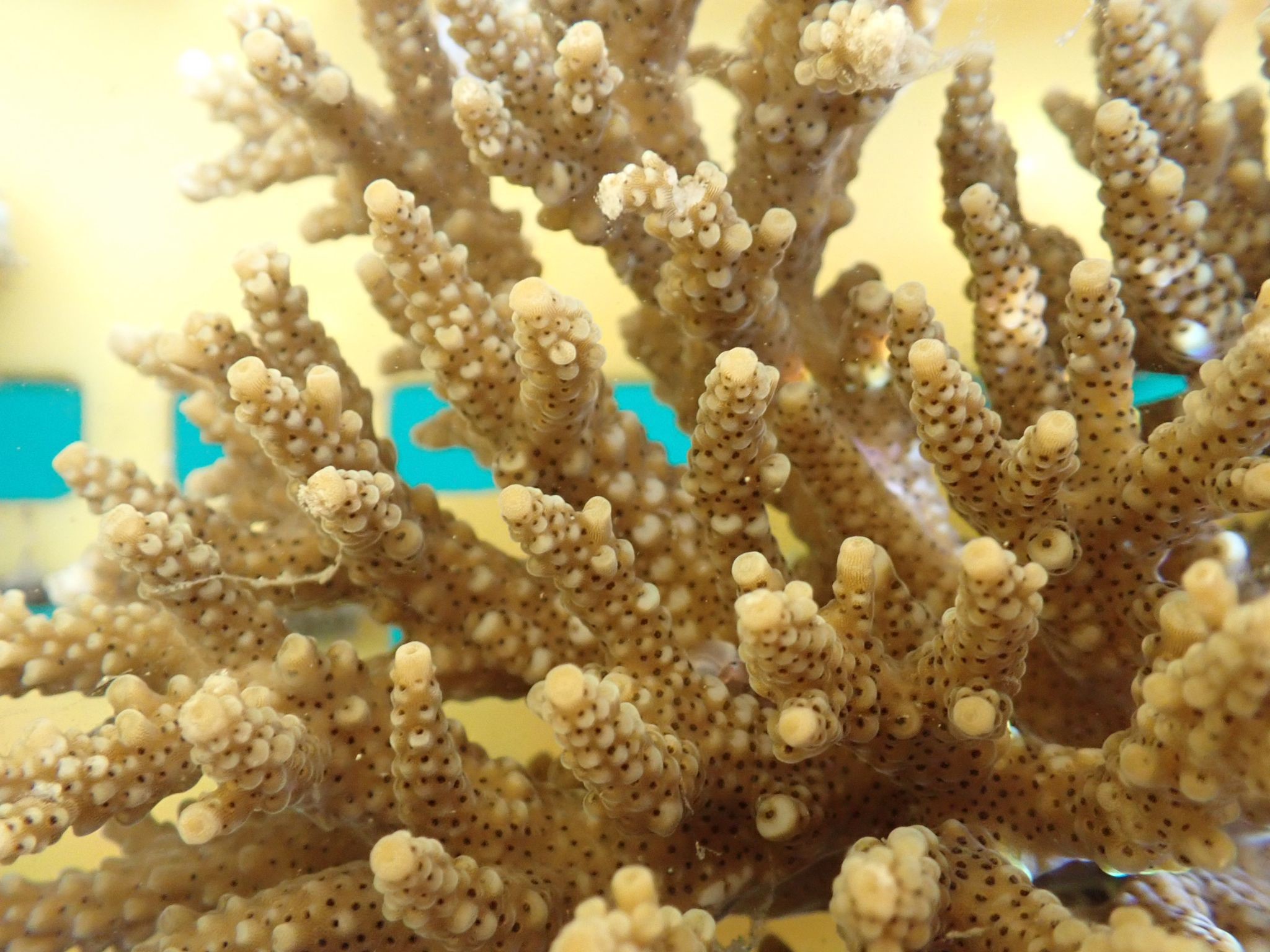 Staghorn coral. Photo from NParks
Staghorn coral. Photo from NParks
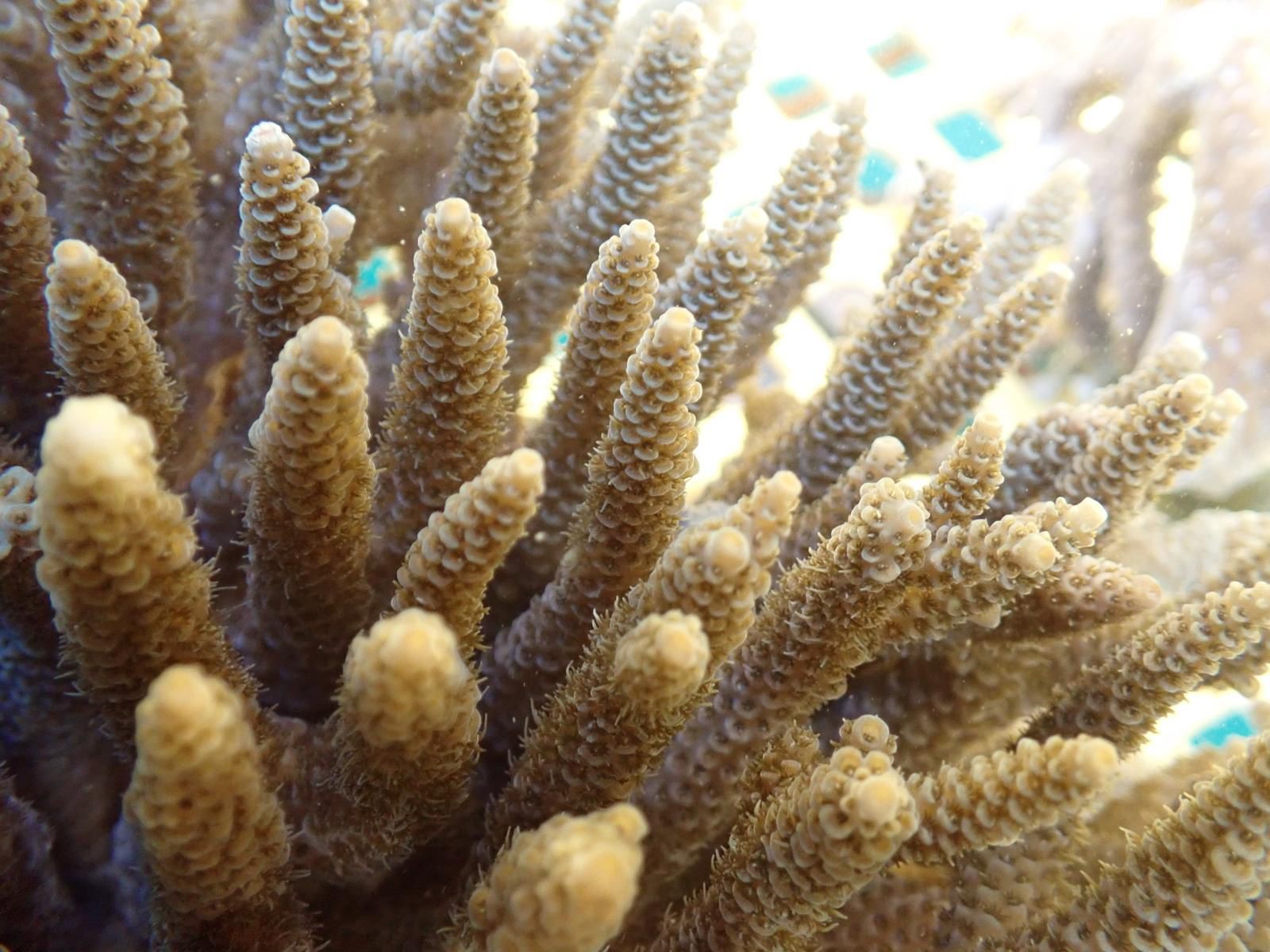 Plate Acropora coral. Photo from NParks
Plate Acropora coral. Photo from NParks
The coral culture facility is slated to be fully operational and open to the public in the second quarter of 2025.
"Altogether, this will aid species recovery efforts for rarer coral species, and increase coral cover and diversity in Singapore," NParks said in a press release.
Corals monitored via smart automated system
Currently, the 100k Corals Initiative has received over S$2 million in funding from the Garden City Fund, which is NParks' registered charity and IPC, as well as donors like Delta Electronics, GSK-EDB Trust Fund, Deutsche Bank, Takashimaya Singapore and KPI OceanConnect.
Delta Electronics in particular, contributed around S$1.7 million.
The company has also been collaborating with NParks via the NParks-Delta Corals Research Programme.
Through this programme, the tanks the corals will be cultivated in will be installed with a "smart coral aquaculture system" set up by Delta.
 Photo from Delta Electronics
Photo from Delta Electronics
The system can help detect abnormalities that can affect coral growth, as well as monitor water conditions and transmit data to researchers.
This enables the researchers to monitor the corals remotely and in real time.
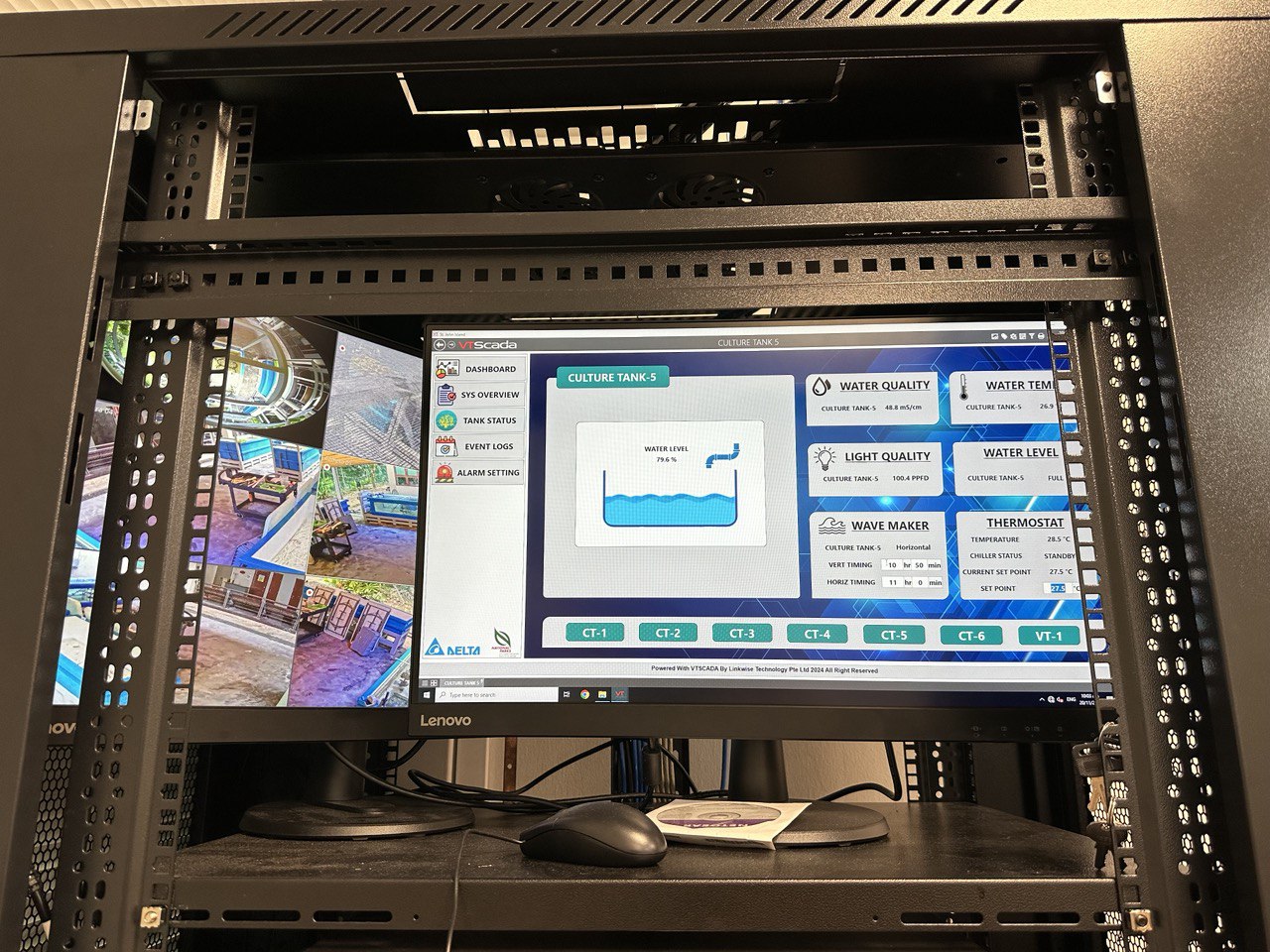 Photo from Delta Electronics
Photo from Delta Electronics
Cultivating corals is a "delicate process", Lee said.
The growth of corals is heavily dependent on its environmental conditions, such as the lighting, temperature, salinity, water quality and water flow.
For instance, if the temperature becomes too high in the tank, Delta's automated system will send an alert, allowing researchers to take action quickly and minimise any adverse impacts such as coral bleaching.
Singapore's corals
As part of the NParks-Delta Corals Research Programme, NParks will work with experts to develop a nationwide coral reef restoration plan.
Additionally, NParks, SJINML and Friends of Marine Park will develop a citizen science training programme to allow volunteers to assist with coral husbandry and underwater monitoring techniques.
Singapore's coral reefs are mostly found in the islands on the south of the mainland.
Notably, a number of the world's coral species can be found in our waters — of over 800 coral species worldwide, around 250 have been documented in Singapore waters.
Coral reefs are key to supporting the marine ecosystem and integral for the survival of other marine species. They can also help mitigate the impacts of climate change by acting as a natural defence against shoreline erosion.
Those interested in supporting the 100k Corals Initiative can donate online to the Garden City Fund via go.gov.sg/donate100kcorals or email [email protected].
Top photo from NParks
MORE STORIES








